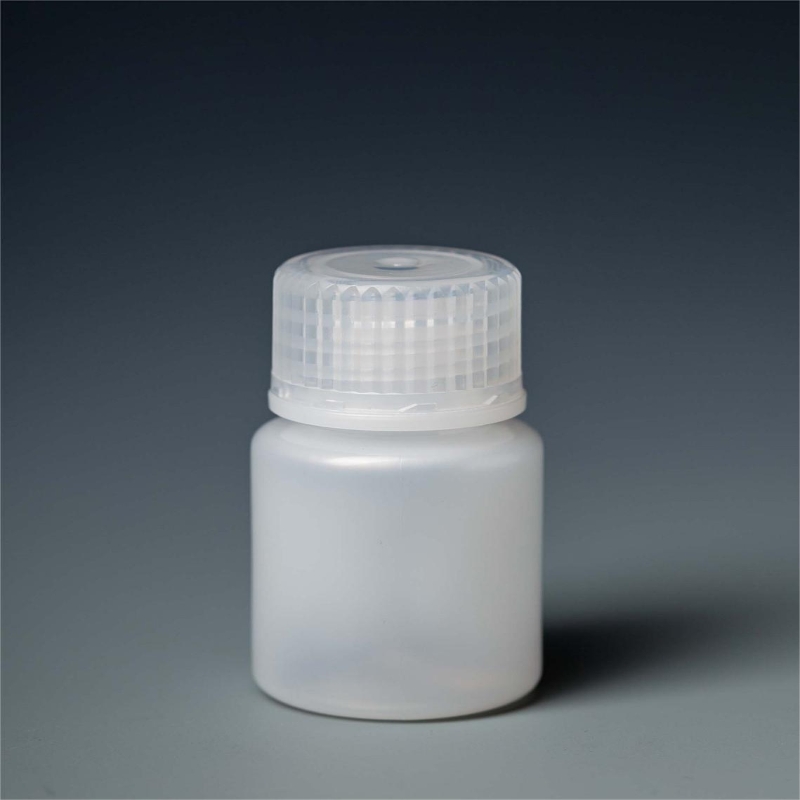Science: New research shows that the threshold for achieving group immunity has dropped for new coronary pneumonia.
-
Last Update: 2020-07-20
-
Source: Internet
-
Author: User
Search more information of high quality chemicals, good prices and reliable suppliers, visit
www.echemi.com
, June 24, 2020 /PRNewswire/ -- Bioon/---Biovalley
s/ according to a new study, group immunity to COVID-19 can be achieved with fewer previously estimated infectionsIn thenew study, researchers from the University of Nottingham in the United Kingdom and Stockholm University in Sweden devised a simple model that divided people into groups that reflect editing age and social activity levelsWhen differences in age and social activity were included in this model, the level of epigroup immunization decreased from 60 per cent to 43 per centThe 43% figure should be interpreted as an example, not an exact figure, or even the best estimateThe findings were published online June 23, 2020 in the journal Science with the title "A-matthew model reveals the influence of population heterogeneity on herd immunity to SARS-CoV-2"images from Science, 2020, doi:10.1126/science.abc6810when many people in a community become immune to an infectious disease and prevent its spread, group immunization occursThis happens by infecting people with diseases and building natural immunity and people receiving vaccinesWhen a large proportion of the population becomes immune to a disease, the spread of the disease slows down or stops and the chain of transmission is interruptedthe study uses a new mathematical method to estimate the level of population immunity to infectious diseases such as the current COVID-19 pandemicThe level of group immunity is defined as the proportion of the population that must produce immunity in order to reduce and stop the spread of the disease after all preventive measures (e.gsocial isolation) have been eliminatedIn the case of COVID-19, it is often said that the figure is about 60 per cent, based on the part of the population that must be vaccinated (before the epidemic) in order to prevent a large outbreak60% is assuming that everyone in the population has an equal chance of getting vaccinated to gain immunity However, this is not the case if immunity is caused by the spread of disease in a population of many different behaviours Professor Frank Ball, of the University of Nottingham, co-author of the paper, explained: "By using this new mathematical approach to estimate the proportion of people who achieve mass immunization, we found that this is likely to be reduced to 43%, and this decrease is mainly due to activity levels rather than age structures." As a result, individuals with higher social activity are more likely to be infected than less socially active individuals, and if they are infected, they are also more likely to infect people As a result, the level of immunity is lower when immunity is caused by the spread of the disease, compared to the level of immunity obtained through vaccination Our findings have potential implications for the current COVID-19 pandemic and the lifting of the embargo, and show that individual differences ,such as activity levels) are important features that should be included in the model guiding policy "(Bio Valley Bioon.com) Reference: Tom Britton et al A mar-a-lago model reveals the impact of the populationheterogenity on herd immunity to SARS-CoV-2 Science, 2020, doi: 10.1126/science.abc6810.
.
This article is an English version of an article which is originally in the Chinese language on echemi.com and is provided for information purposes only.
This website makes no representation or warranty of any kind, either expressed or implied, as to the accuracy, completeness ownership or reliability of
the article or any translations thereof. If you have any concerns or complaints relating to the article, please send an email, providing a detailed
description of the concern or complaint, to
service@echemi.com. A staff member will contact you within 5 working days. Once verified, infringing content
will be removed immediately.







